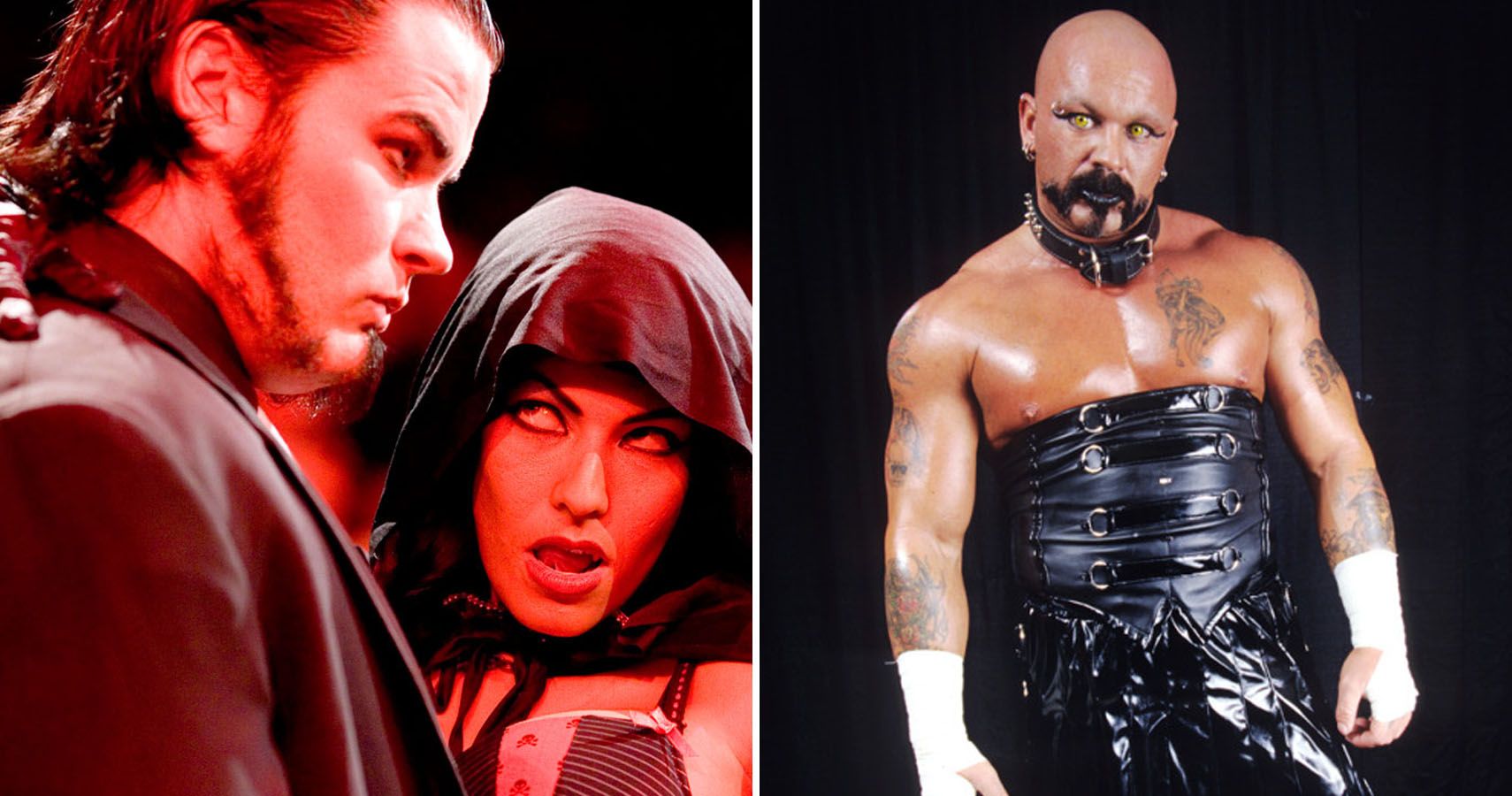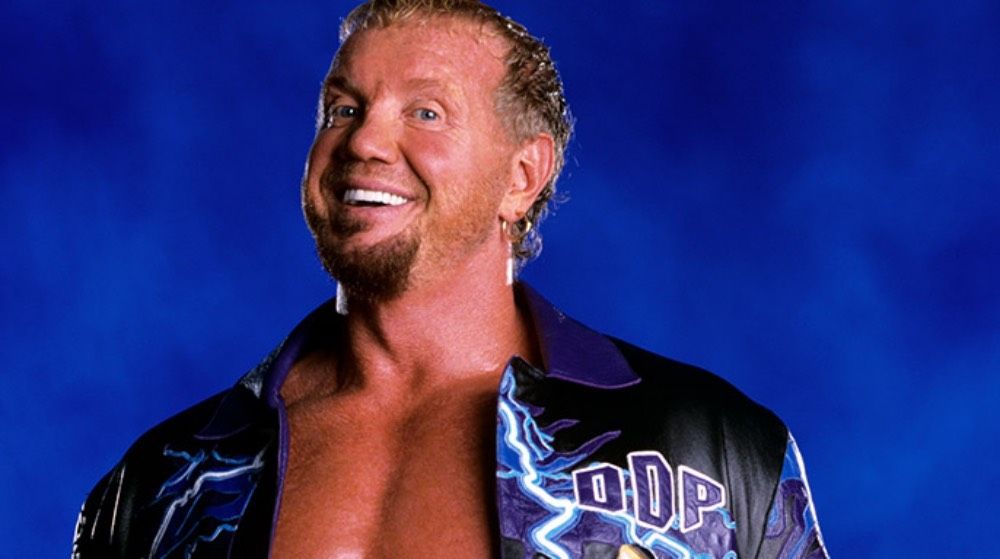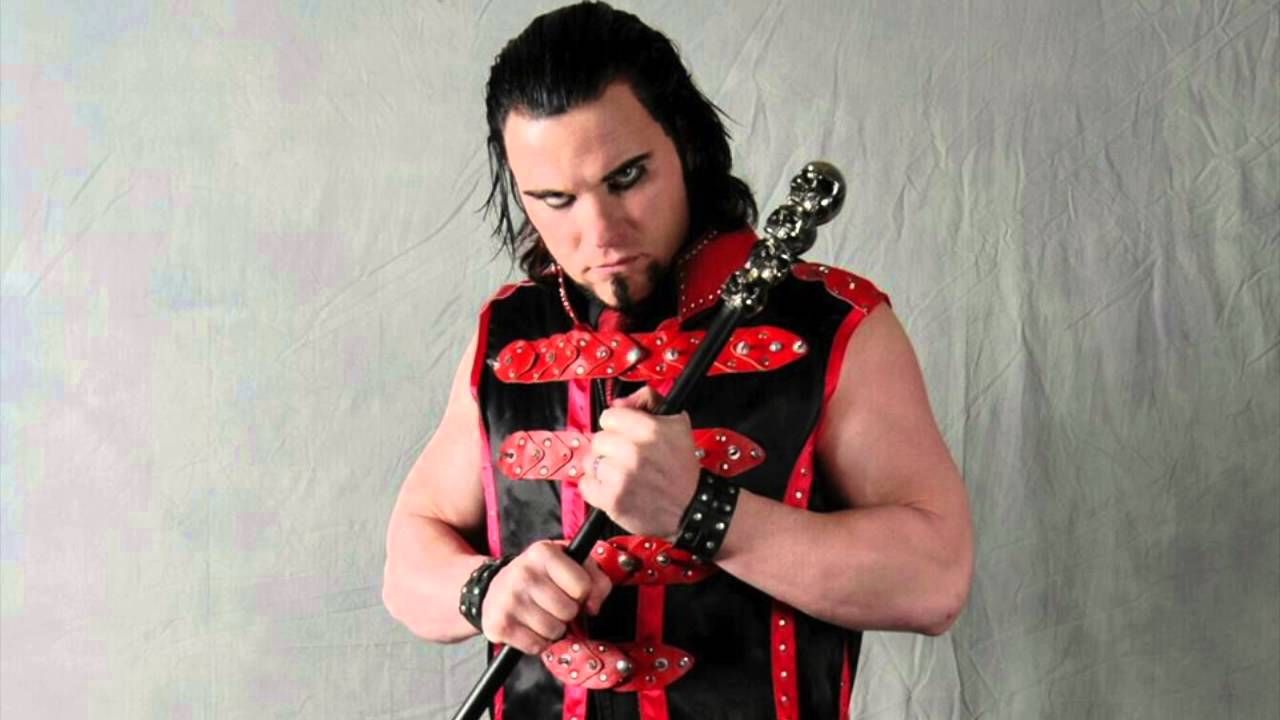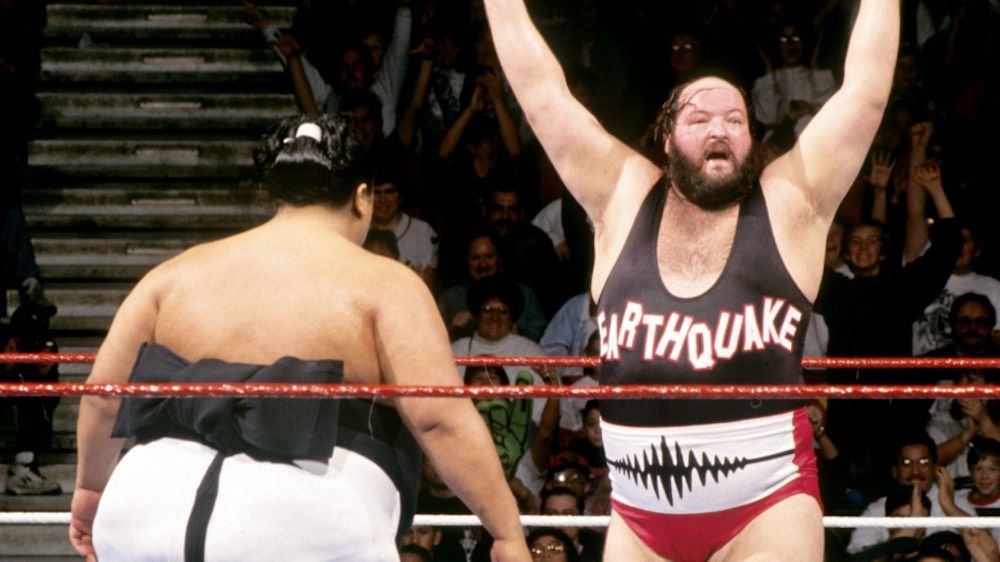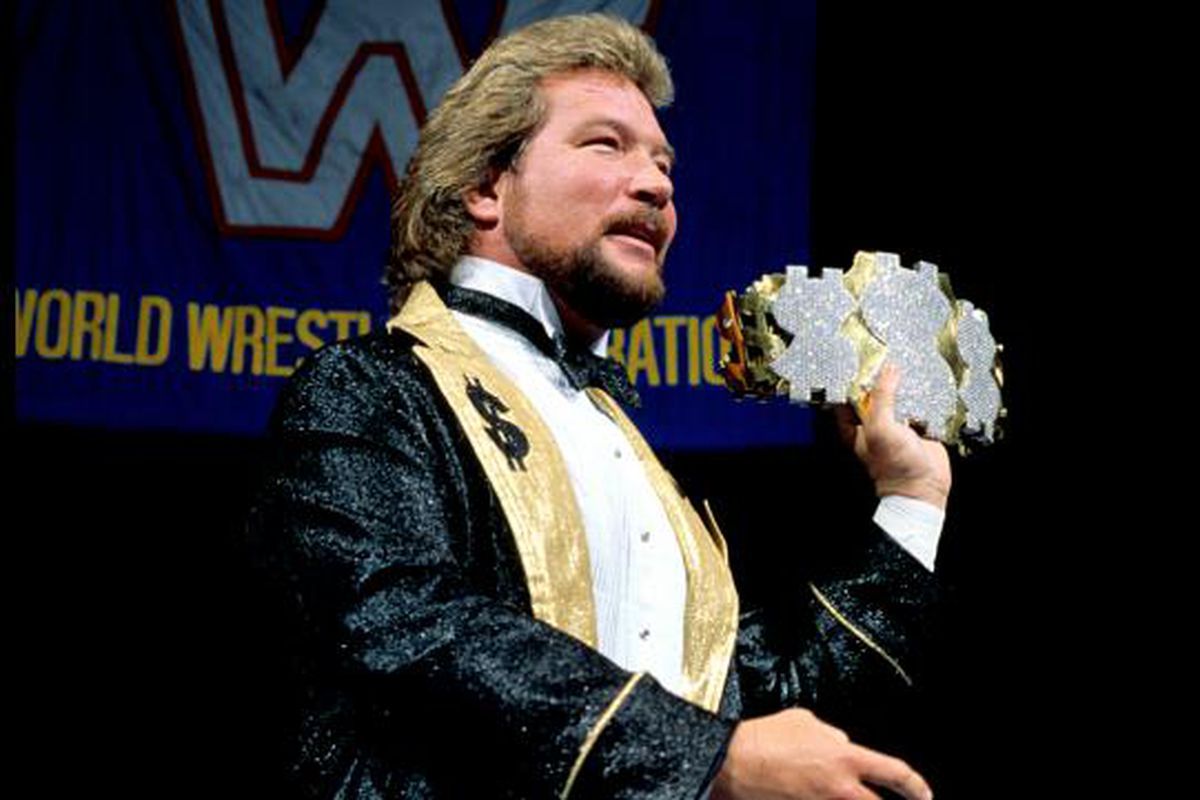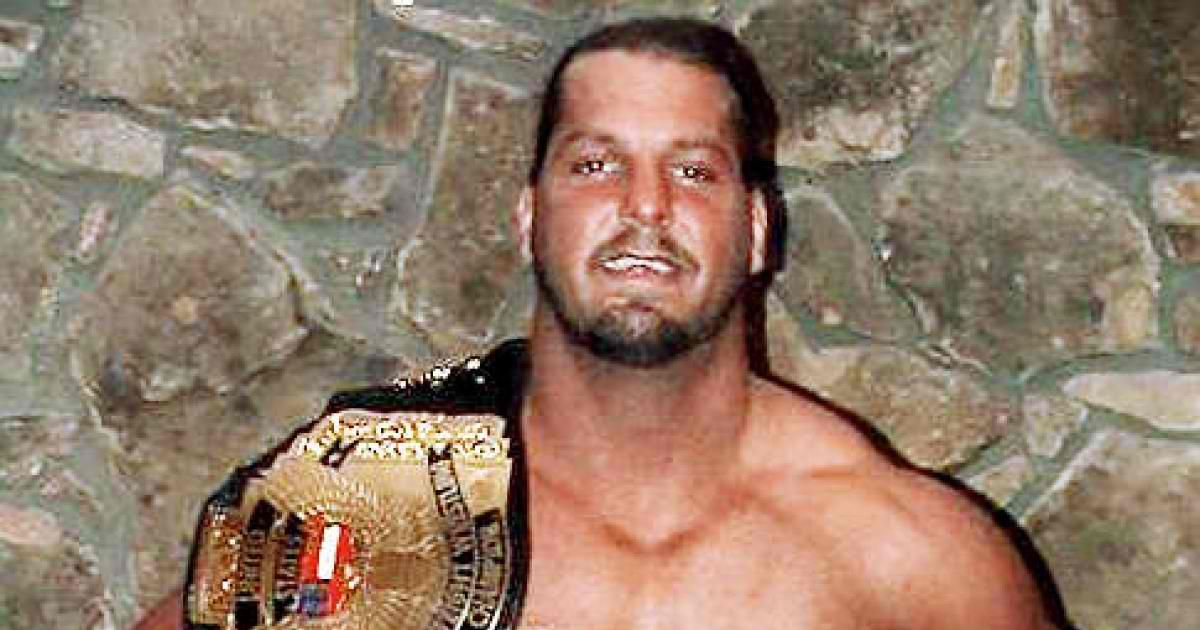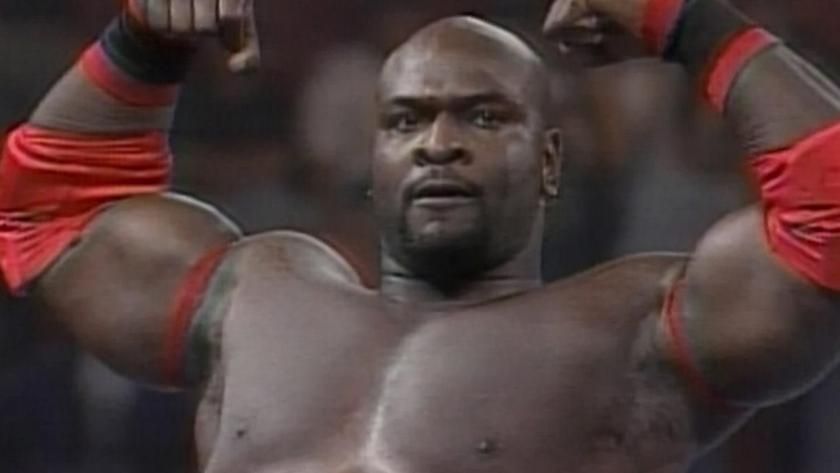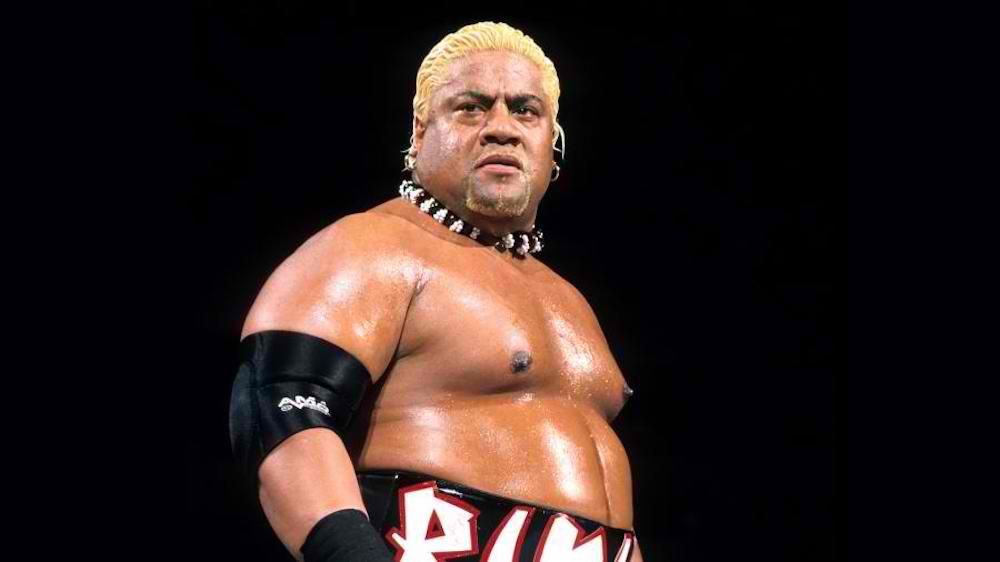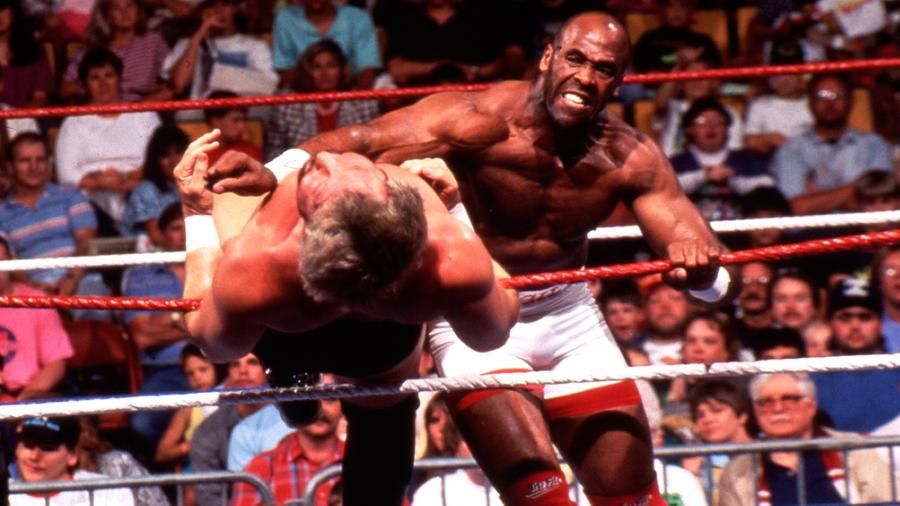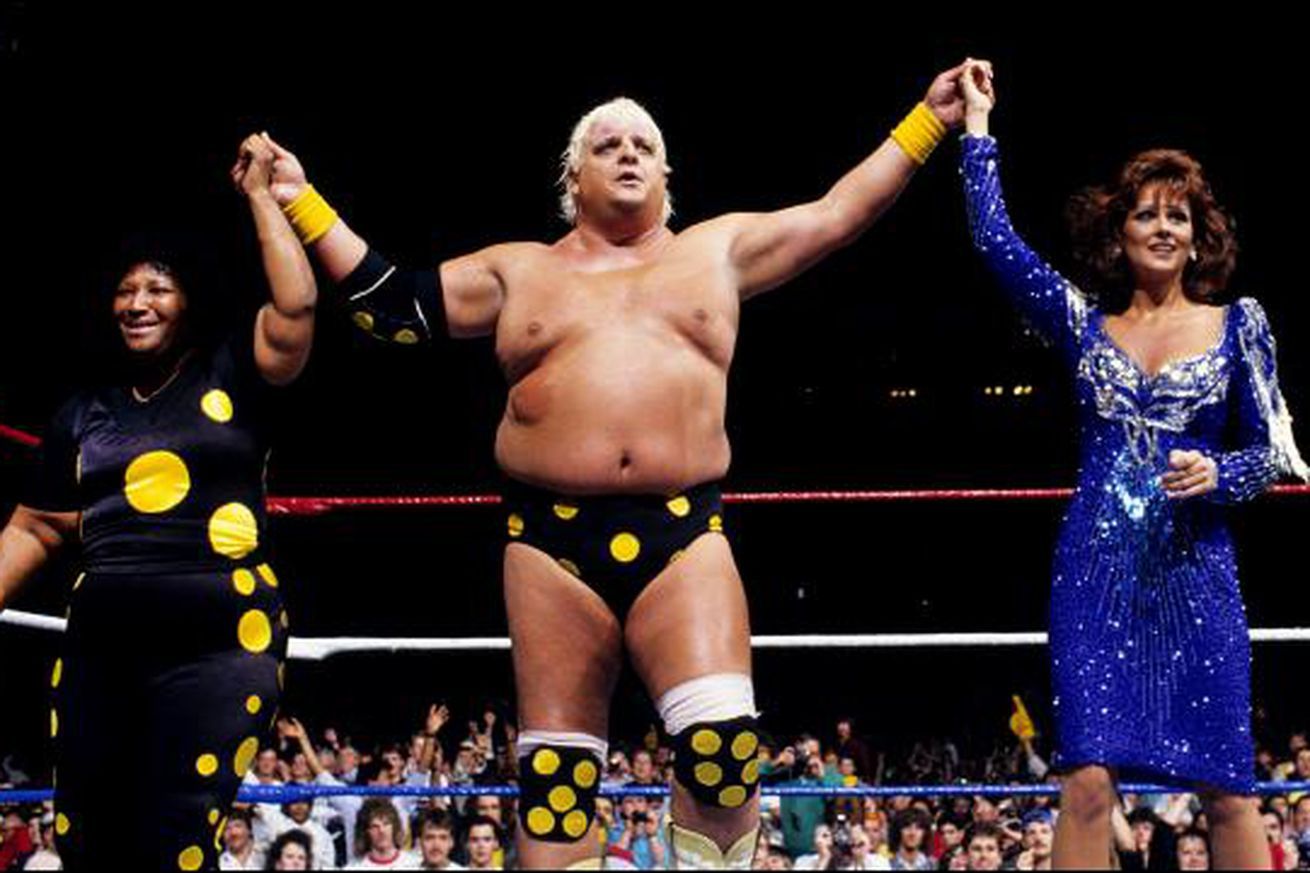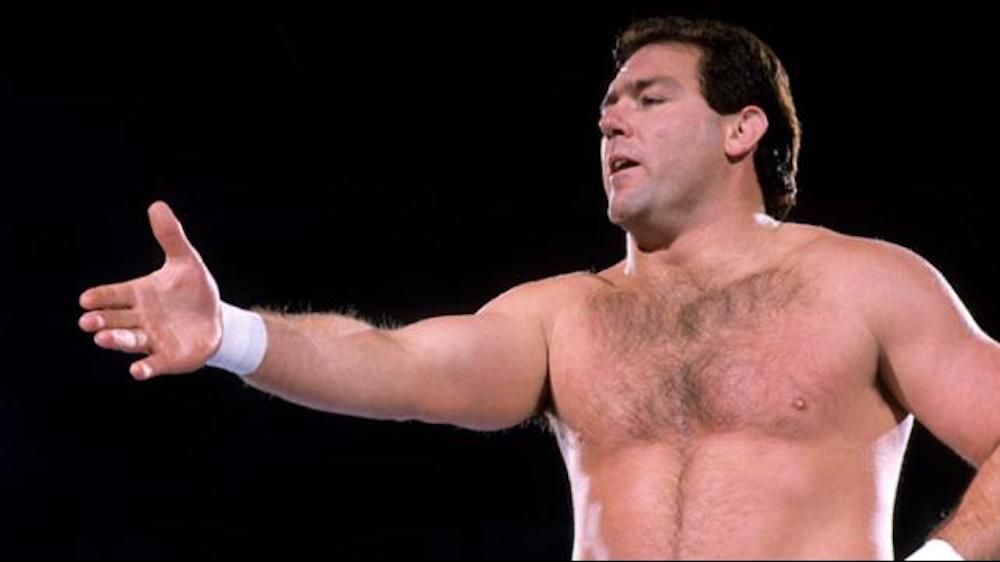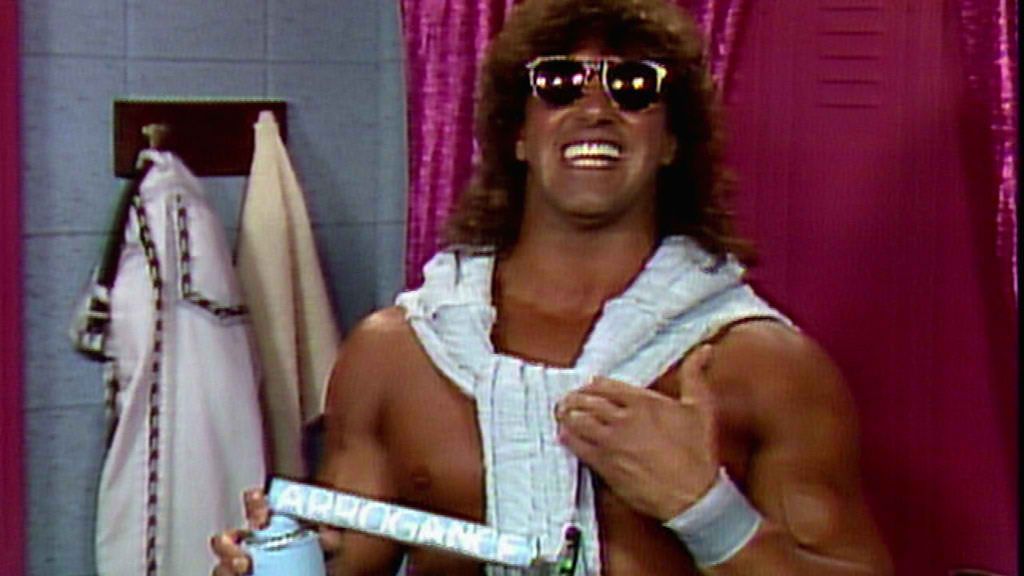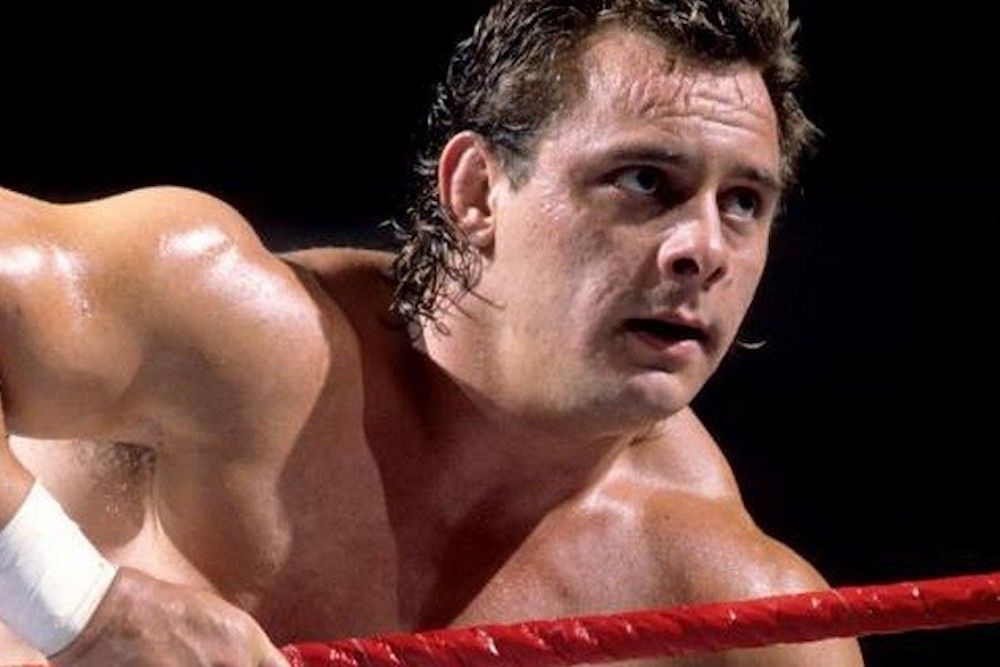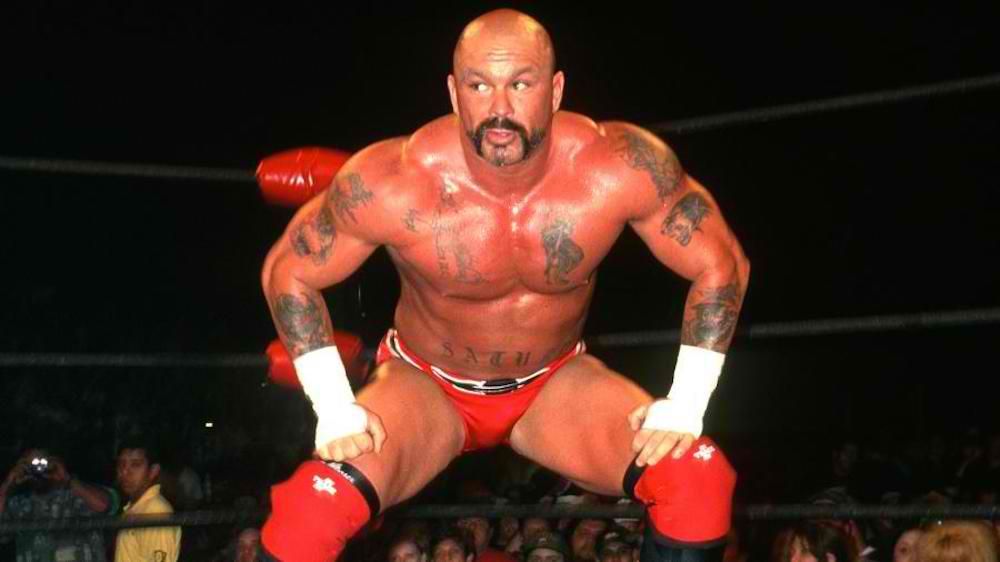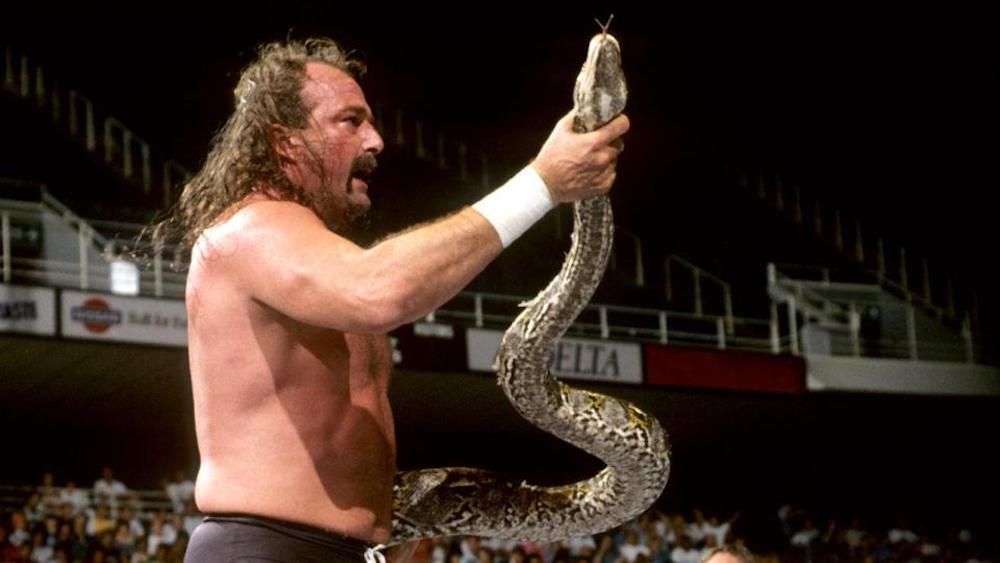Over the years, WWE has "made" plenty of wrestlers, and given them an opportunity to succeed on the biggest stage. If they are indeed able to make a name for themselves on the biggest stage, it can be difficult to make the transition necessary to succeed elsewhere, in the event that they are released from the company. Though they're always looking to sign new talent, there is never a guarantee that any given wrestler will be with WWE for the rest of their career. They'll often need to regroup and refocus their career after they leave WWE, which is usually inevitable at some point.
However, due to several contributing factors, re-establishing a career after leaving the biggest promotion in the world isn't always the easiest thing to do. Age can play a part in it, as can regression of skill and a sub-par character, but whatever the reason, it's no secret that some wrestlers have really struggled to regain their footing after departing WWE. Let's take a look at some of the most notable examples over the years, and the reasons why their careers suffered a major downturn.
Ranked below are 15 wrestlers who never recovered from their WWE release.
15 15. Diamond Dallas Page
When DDP first came to WWE, he did so at the height of his career as a singles wrestler, as a part of the buyout of WCW in 2001. Most everyone thought that Page was going to find massive success in WWE, because he was one of the shining lights in the dying days of WCW, and a certified main event player at that point. It was definitely a surprise when his tenure ended before it seemingly ever began.
Page was used in tag action and singles competition, but was never able to gain any ground with the WWE fanbase. A influx of many new wrestlers around the time could have been a primary reason, and his age could have played a part as well, as he achieved success in wrestler later than many others. Either way, after WWE, Page made only sporadic appearances for TNA and peripheral indys before retirement, and his WWE run was his last notable stop with any promotion.
14 14. Kevin Thorn
Once considered to be a rising star in the WWE developmental territories, Kevin Fertig only barely cracked the mid-card during his time with the company. Stints as both Mordecai and Kevin Thorn were proved ultimately ineffective in making him a breakout star, and he was released from his contract in 2009.
Thorn's later career appearances didn't prove to be anything memorable. He went under a variety of gimmicks for a variety of promotions, but was still the same boring in-ring presence he had been before. When playing the Mordecai character is the highlight of your career, you know it's been a rough road. Thankfully, Thorn's output has slowed way down in recent years.
13 13. Braden Walker
There was a time when Walker (as Chris Harris) was one of the best up-and-coming tag team wrestlers in the world. His team with James Storm as America's Most Wanted was one of the best in the world during the mid-2000s. He was on an upward trajectory, and it was promptly ruined when he made his debut in WWE during 2008.
It's fair to say that WWE ruined him with the Braden Walker gimmick, and essentially made a joke out of his entire career for everywhere he went thereafter. It was so poorly done, and turned into a laughing stock very quickly. Appearances elsewhere never had any affect because audiences couldn't get the Walker character out of their head. Needless to say, Chris Harris/Braden Walker never saw any success whatsoever after leaving WWE in 2008.
12 12. John Tenta
One of the best big men in the business during his initial WWE run as Earthquake, Tenta was on top of his game during the late-'80s and early-'90s. He was limited in the ring to some degree because of his size, but he played his character to perfection, and was usually a pretty good draw. Unfortunately, he wasn't able to keep pace after leaving in 1994, and heading to the WCW ranks.
The business was changing around 1995, and the ridiculous gimmicks that WCW was suiting him with weren't going to cut it. Tenta was obviously out of his prime, and no longer had the fan interest that he had just several years prior. He would go on to return to WWE as Golga, but yet again wasn't used properly, and walked away from the ring in 1999. After first leaving WWE, it was all downhill for Tenta's career.
11 11. Ted DiBiase
DiBiase had retired from active in-ring wrestling in 1993 due to injury, but he had stayed on as a manager in WWE for the next several years, and was actually one of the more prominent out-of-ring figures during that era. In 1996, he split for WCW, and it was clear that they had no idea how to use DiBiase, who had become synonymous with WWE over the years, and in a different way than Hogan or Savage had, for example.
DiBiase was slotted in as a spokesman for the nWo, but the whole thing just didn't work. There were too many massive personalities in the group, and it was a short-lived experiment. He remained under contract with the company for a few more years, but it wasn't the success that other WWE transfers had seen in WCW. Ultimately, this was the end of DiBiase's full-time on-screen role for any company.
10 10. Chris Kanyon
The dying days of WCW hindered Kanyon from becoming a more popular commodity than he ended up being. He was gaining momentum, and had a distinct charisma about him, but a lack of quality wrestlers to feud with, and a creatively bankrupt management team really held him back when he should have been becoming a star. He was brought over during the WCW buyout in 2001, but never made much of an impact in WWE.
A few notable matches and appearances gave way to him being featured on B-shows, and then eventually demotion to the developmental territories before being released entirely in 2003. Kanyon never recovered, and was relegated to one-off appearances in the Indys for most of the his career thereafter until he retired in 2007.
9 9. Ahmed Johnson
A former Dallas Cowboys player in the early-'90s, Johnson (real name Anthony Norris) was positioned as a rising star in the mid-'90s WWE scene. It's strange to consider, given that Johnson is generally remembered for his loud and intense interview segments above all else, but there were high hopes for him with the company at the time, and he even captured the Intercontinental Title on one occasion.
After his release in 1999, a move to WCW did him no favors. He joined the Harlem Heat with Stevie Ray, changing his in-ring name to Big T, but the pair was short-lived and he was released from WCW soon after. His career was essentially over at this point, and he never proved much in the business without the WWE star-making machine behind him.
8 8. Rikishi
He hit his peak with Too Cool, which was one of the most surprising successes of The Attitude Era. Rikishi had held numerous gimmicks in a WWE ring, but he struck gold when he teamed up with Scotty 2 Hotty and Grandmaster Sexay to form one of the greatest comedic stables in the history of the company. Unfortunately, when he left in 2004, he wasn't able to sustain the popularity at the same level.
Wading through a myriad of indys and a short stint in TNA, Rikishi without the WWE backing really fell off the radar. It made for an entertaining appearance in the moment, but only for the novelty factor of seeing a wrestler who had been popular several years ago. Ultimately, his truest and only success came within the WWE ranks, and as a member of Too Cool.
7 7. Virgil
Becoming one of the more popular peripheral characters in WWE as the bodyguard for "The Million Dollar Man" Ted DiBiase, he would then parlay that into an actual in-ring wrestling career with the company. Virgil may never have been on the upper end of the card, but he was always popular when he was a face, and could draw heat as a heel quite effectively.
Going to WCW in 1996 and changing his moniker to Vincent, he was then slotted into the jobber division pretty quickly. He did a stint with the nWo, but never was a mainstay with the group. He basically had no definable work in WCW as he jumped from gimmick to gimmick, even though he remained with the company for multiple years. He'd retire from the business in 2009. A true WWE success story, that's about where it ended as well.
6 6. Dusty Rhodes
Rhodes was an NWA mainstay, and when he went to WWE in 1989, it was a shocker. He was a huge star for years feuding with an almost entirely different cast of wrestlers, and now he would be able to try his hand at wrestling WWE talent exclusively. Rhodes never held a WWE title, but his feuds were undoubtedly some of the most entertaining in the mid-card division during that time. As an elite talent on the microphone, Rhodes made his presence felt on a regular basis.
After leaving in 1991, his career went into a bit of a down period. He would spend time managing in WCW, and also tried his hand at commentary for the company, but nothing was up to the quality of his previous work. Later going to ECW and TNA, it was more of the same. Granted, Rhodes was older by this point, but his prime material always rests in. the '70s and '80s.
5 5. Tully Blanchard
Without question, Blanchard was one of the top heels during the '80s in the NWA, and had a very successful territorial career before that. When the WWE signed him and Arn Anderson to team up as The Brainbusters, it was a high-profile signing, especially since both of them were members of the legendary Four Horsemen, in its original incarnation.
The Brainbusters went on to considerable success in the WWE tag division, but their run was relatively short-lived, and afterwards, Blanchard was rendered largely irrelevant no matter where he went. There were issues with substance abuse involved, as well as a changing wrestling landscape of the time. He made appearances in WCW, ECW and the indys, but was never able to make much of an impact wherever he went.
4 4. Rick Martel
A truly versatile wrestler, and one that WWE depended on in various situations far more than is realized, Martel was a veteran of the company, and his career had become synonymous with the WWE brand. His departure to WCW was an expected alternative, but it wasn't able to aid Martel's career in any way.
It was only a short time in until Martel was injured during a feud with Booker T, and he was sidelined for a period of time. Upon returning, he was quickly injured again, and was forced to retire from in-ring action. But he never fit with the aesthetic that WWE was trying to promote, and ultimately it would have been a failure even if he had been healthy for the duration of his tenure there.
3 3. Dynamite Kid
Unfortunately, The British Bulldogs never quite got the credit they deserved as a top-tier team in WWE, at least after the team broke up. Davey Boy Smith may have been the one to go on to singles success in WWE after their breakup, but it was Dynamite Kid that was overall the better wrestling talent. His career in Japan and other territories was one of the most influential for a light-heavyweight during wrestling's golden age.
Unfortunately, after leaving WWE in 1988, his career went into a tailspin for a variety of reasons. Substance abuse, possible CTE and overall erratic behavior caused him to retire in 1996, and he is now confined to a wheelchair. Once he left WWE, he also lost the stability that comes from working in such a consistent promotion, and was never truly in the same spotlight ever again.
2 2. Perry Saturn
Saturn was another example of WWE using terrible gimmicks on really talented in-ring performers. Years of success in WCW figured him to be one of the new main event talents in WWE during the WCW buyout of 2001. It started out OK for Saturn with the company, but unfortunately he was soon buried on the roster when WWE didn't see any reason for a long-term push that would make him a star.
Upon his departure in 2002, he went on some international tours, and had a brief stint in TNA, but it was a far cry from his greatest successes in the ring. In reality, it was a wasted opportunity for WWE, and it ultimately killed any chance Saturn had of a surge to the top, which he definitely had the skill to handle in every aspect of the business.
1 1. Jake "The Snake" Roberts
Perhaps the ultimate "what could have been?" story of the late-'80s and early-'90s WWE. His promo-cutting skills were well ahead of his time, and he had a methodical but hard-hitting in-ring style which was entertaining, and always culminated with his trademark DDT finisher. Despite being involved in many memorable feuds however, Roberts never progressed to the upper end of the card, and never held a single WWE Title in a total of six years with the company.
After his departure it was a clear downward trajectory for The Snake. He went to WCW in 1992, and predictably that didn't go very well. Then he did a stint in Mexico for AAA, and in the States for SMW. Nothing worked. He'd return to WWE briefly in 1996, and was basically a shell of his former self. It was the last notable consistent run he'd have with any wrestling company.
Unfortunately, Roberts was never dealt a fair hand by WWE, and it snowballed into a mediocre career thereafter for him. He's a wrestling legend for sure, but his potential for success was ultimately cut short by bad management and circumstance.

